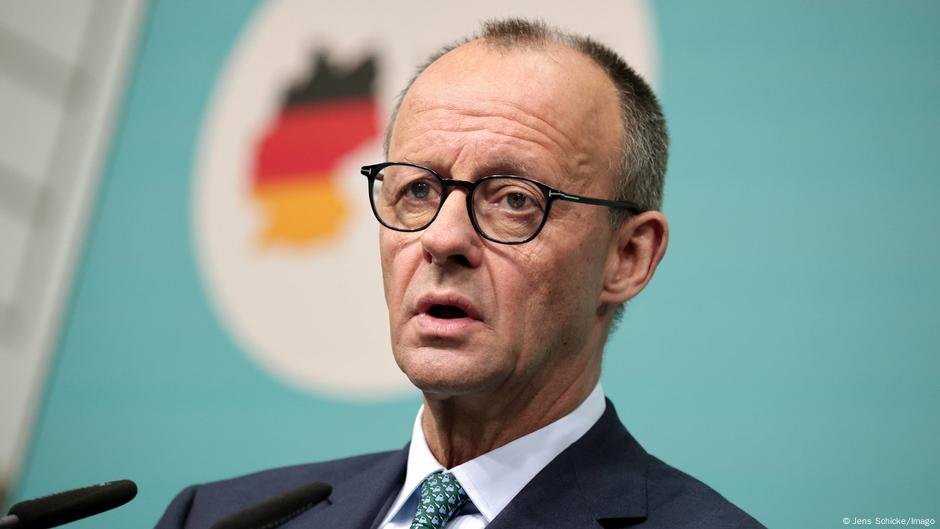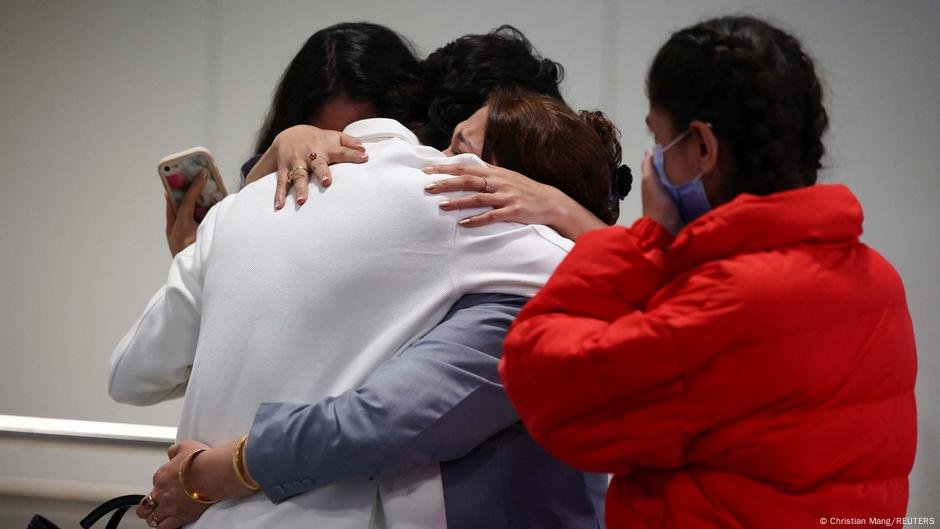The German government has approved draft legislation to implement the European Union’s sweeping asylum reform, a move rights groups warn could undermine fundamental protections for refugees, including children.
The German government has taken a key step toward implementing the European Union’s major reform of asylum policy, approving two draft laws designed to bring national legislation into line with new EU rules.
The reform of the Common European Asylum System (CEAS), adopted at the EU level in 2024 after years of debate, is intended to create uniform procedures across the bloc and relieve pressure on individual countries. German Interior Minister Alexander Dobrindt described it as part of a broader effort to manage irregular migration more effectively, strengthen border controls, and ensure greater solidarity among member states. All EU governments must have the measures in place by June 2026.

On Wednesday (September 3), Chancellor Friedrich Merz’s Cabinet backed proposals from the Interior Ministry that will now be debated in Parliament. Dobrindt called the step an "important milestone" in migration policy, stressing that Europe needs a functioning system to limit irregular migration, end the overburdening of national structures, and provide security through European solidarity. He also noted that several EU states are pressing for the rules to be tightened further in the future.
Read AlsoRefugees in Germany report more xenophobia
What the reform means
Overall, the package represents a tightening of asylum policy, giving authorities stronger tools to manage migration. It strengthens the role of border and migration authorities, introduces new restrictions on how asylum applications can be processed, and expands the possibilities for deportation and transfer to third countries.
The legislation introduces several significant changes:
- Border procedures: All asylum seekers arriving at the EU’s external borders will undergo standardized checks, including mandatory identity screening. Applications may be processed directly at border facilities.
- Low recognition rate cases: Migrants from countries where fewer than 20 percent of asylum claims are typically approved within the EU may have their entire procedure handled at the border. If rejected, deportations could take place directly from there.
- Safe third countries: Applicants may be transferred to designated "safe" non-EU countries, with their claims processed there instead of inside the Union.
- Detention and restrictions: The German draft legislation provides for restrictions on the movement of asylum seekers or, in certain cases, custody if a legal ground such as risk of absconding exists and no less restrictive option is available.
Read AlsoGermany: Few migrants sent to other EU countries since inauguration of Dublin centers
Criticism
Rights groups reacted sharply to the proposals. German NGO Pro Asyl warned that refugees, including families with children, could end up in semi-closed centers amounting to "quasi-detention," leading to despair, stress and depression among those affected.

Amnesty International criticized what it described as "new forms of de facto detention," cautioning that detention must never become the norm, even for rejected asylum seekers. Save the Children and the German Children’s Fund stressed that confining or detaining minors violates international child rights standards and called for changes to the draft laws.
Read AlsoEn route to Germany, Afghans face deportation in Pakistan
Mounting pressure
The reform debate comes as Germany faces criticism over its handling of Afghan nationals who were promised refuge under earlier governments. Around 2,400 fled to Pakistan in recent years, but many remain stranded after Berlin curtailed admission programs.
In mid-August, Pakistan deported more than 200 back to Taliban-controlled Afghanistan. In an open letter, the group appealed for “urgent intervention.” Chancellor Merz said binding commitments would be honored but stressed that each case required a security check.

This week, 47 Afghans -- including rights activists, artists and former judges -- arrived in Germany after winning court challenges. Meanwhile, NGOs have accused the government of neglect and filed complaints against ministers. A German court has also ruled that Germany must honor admission visas issued under the previous program, reinforcing that these commitments are legally binding even as the program is suspended and reviewed.
Read AlsoGermany and Netherlands face court pressure over Afghan admissions
What’s next
The Bundestag will now debate the draft asylum legislation in detail. With EU member states facing a mid-2026 deadline, Germany’s implementation marks an important step in reshaping Europe’s asylum system. The outcome will help determine how protection seekers are treated at the continent’s borders -- and whether the balance tilts more toward control and deterrence or toward safeguarding fundamental rights.
Read AlsoGermany: Afghan women and girls almost guaranteed to receive asylum
With dpa and KNA
